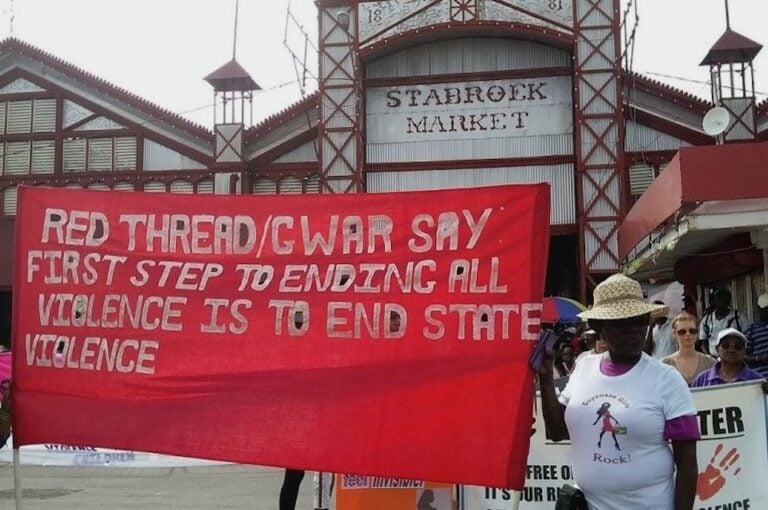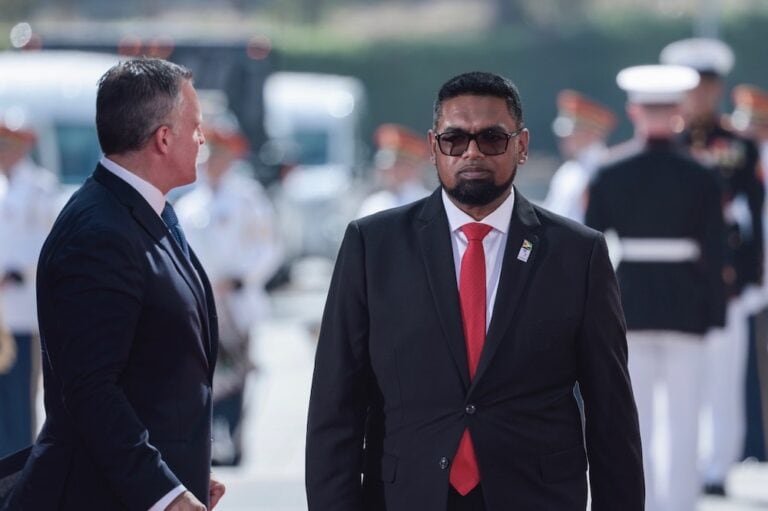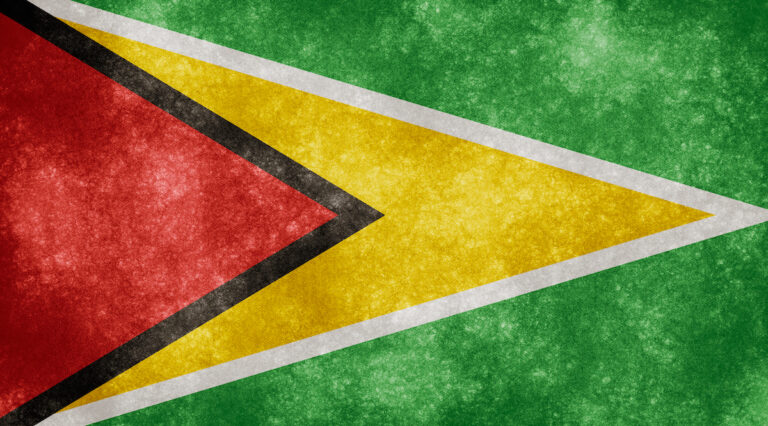(RSF/IFEX) – Reporters Without Borders has voiced shock at the news that journalist Ronald Waddell, a former talk-show host on HBTV Channel 9, was gunned down outside his home in the Georgetown suburb of Subryanville on 30 January 2006. Waddell was also an opposition activist who was outspoken in his criticism of the current government. […]
(RSF/IFEX) – Reporters Without Borders has voiced shock at the news that journalist Ronald Waddell, a former talk-show host on HBTV Channel 9, was gunned down outside his home in the Georgetown suburb of Subryanville on 30 January 2006. Waddell was also an opposition activist who was outspoken in his criticism of the current government.
“The circumstances of Waddell’s murder resemble the extrajudicial executions he had denounced on the air,” the press freedom organisation said. “The suspicion that his killing was politically motivated raises concern for the future of free expression in Guyana. We nonetheless expect a serious investigation to establish what links there were between Waddell’s activities and his murder and we hope the Guyanese authorities will act with impartiality.”
As Waddell was getting into his car in the garage of his home at about 8 p.m. (local time), two men armed with .38 and .32 calibre pistols emerged from a car parked on the other side of the street and shot him 13 times before getting back into their car and driving off. Hit in the head, back and chest, Waddell died in a Georgetown hospital.
A former reporter with the “Stabroek News” daily newspaper, Waddell had been hosting a talk-show on HBTV Channel 9 since 2001. He was also an active member of the People’s National Congress (PNC), which is strongly backed by Afro-Guyanese, and was a fierce critic of President Bharrat Jagdeo, who is of Asian descent.
“Ronald often used his talk-show as a platform,” HBTV Channel 9 co-director Eve Blackman told Reporters Without Borders. “He criticised Guyana’s ‘sham democracy.’ Last October he encouraged Black resistance against the authorities in the district of Buxton.” The programme drew strong criticism from Jagdeo that was posted on the presidential website.
“We had to suspend the programme in November under government pressure,” Blackman added. “It is still too soon to say Ronald was killed because of his work as a journalist but it is hard not to see a link.”
Julia Johnson of the Guyana Press Association (GPA) told Reporters Without Borders: “Ronald Waddell made enemies within the government, which he accused of covering up extrajudicial executions.” A journalist with a privately-owned TV station said: “He did not hesitate to denounce collusion between the government and drug-traffickers. So one cannot rule out the possibility that they wanted to silence him, even after his talk-show was taken off the air.”
Johnson said relations between the government and press continue to be tense. Jagdeo’s People’s Progressive Party (PPP), which has been in power since 1992, “boasts of having established press freedom, but the privately-owned media continue to find it very hard to get access to public information,” she said. There are 23 TV stations but the state continues to keep its monopoly of radio, she added.
In 2001, Waddell’s PNC challenged the PPP’s legislative election victory, starting a politically-troubled period. Waddell’s mother told the “Stabroek News” that he had received many threats and “knew he was going to be killed.”


